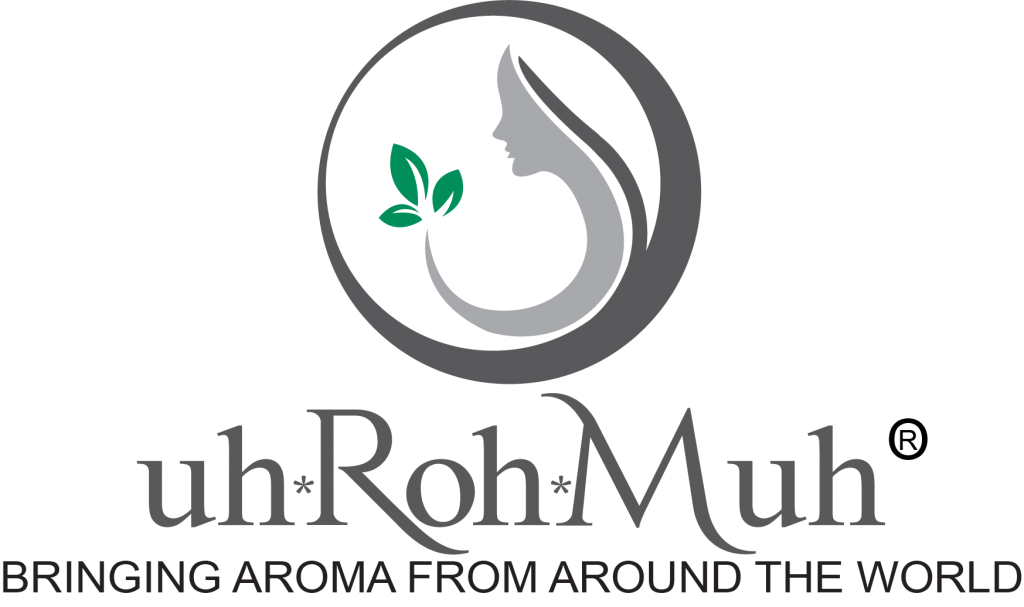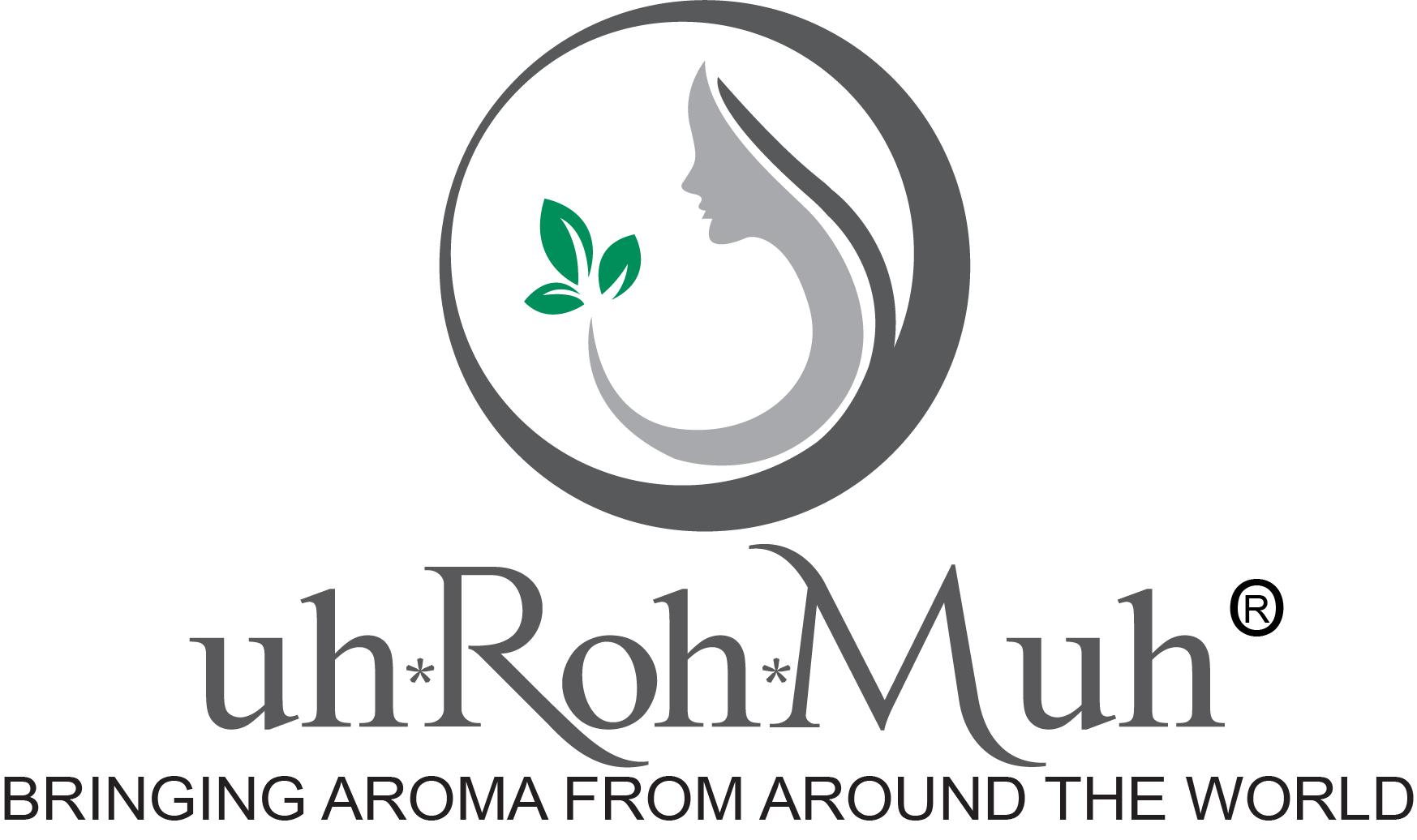Hyssop Essential Oil
Although more expensive than most essential oils, the Hyssop Essential Oil is famous for containing nearly every type of chemical compound commonly found in essential oils. It is, therefore, one of nature’s strongest antiviral and antibacterial agents.
Despite its high chemical potency, Hyssop feels mild and pleasant on nearly all skin types. A lot of debate surrounds the use of the oil internally, but that hasn’t stopped the food processing industry from using it as a flavouring for drinks and cuisines. It is also a regular ingredient in the making of air fresheners, perfumes, skin creams, and lotions.
Hyssop essential oil in history
Hyssop oil is derived from a herbaceous plant of the genus Hyssopus, which is native to the regions of Southern Europe, the Middle East, and Northern Africa. It grows to around two feet in height and is identifiable by its narrow dark-green leaves and royal blue flowers. The flowers are highly aromatic, and often attract bees and butterflies.
The name “Hyssop” comes from the Hebrew word “ezob” which translates to “holy herb.” For thousands of years, the leaves and flowers of Hyssop have been highly valued for their therapeutic properties. Hyssop’s use as a purifier and cleanser appears severally in the Bible, where it was one of the bitter herbs used in the Passover ceremony. In Pagan rituals, Hyssop was sprayed to worshippers and sacred places to purify them. It also found use among the Romans, both medicinally and culinary for protection against plague and leprosy.
Today, the Hyssop herb is cultivated for its essential oil, which is extracted from the plant’s dried leaves and flowers via steam distillation. When fresh, Hyssop oil is dark-yellowish in color and has a strong, pleasant scent. Being a member of the mint family, it also has a minty taste.
Hyssop oil uses
The primordial cultures were not wrong in identifying the medicinal properties of Hyssop. The chemical breakdown of the essential oil reveals many health benefits, some of which are discussed below.
Helps in Respiratory Problems
Being an antispasmodic, Hyssop essential oil can relieve spasms in the respiratory system and alleviate coughs. Its minty flavor also makes it an efficient expectorant, which loosens phlegm and clears the airways.
Additionally, Hyssop’s antiseptic properties elevate its power as a great natural treatment for coughs and other spasmodic reactions caused by infectious colds. It’s also a natural remedy for bronchitis, sore throat, and lung inflammation.
The best way to relieve respiratory complications or discomforts is to gently apply and rub a few drops of oil onto the throat and chest.
Treating wounds and cuts
As an antiseptic, Hyssop oil is effective in preventing infections from developing in fresh wounds and cuts. When applied to skin opening, it keeps the area clean by killing bacteria and other harmful microbes.
Moreover, Hyssop’s volatile elements give it antibiotic properties, which can heal deep cuts and severe bites.
Improving blood flow
Hyssop promotes blood circulation because of its anti-rheumatic properties. The smooth movement of blood around the body keeps the heart healthy and muscles relaxed. This helps to alleviate heart problems such as cardiac fatigue and hypotension, as well as muscle complications like gout, arthritis, and rheumatism.
By increasing blood circulation, Hyssop inhibits the swelling of joints and other pressure-sensitive areas, and thus reduces the risk of Osteoarthritis, the most common type of arthritis. It’s also a natural remedy for hemorrhoids, which are caused by an increase in pressure on the veins in the lower parts of the rectum and anus.
Stimulating body systems
Hyssop oil is a natural stimulant that promotes the body’s metabolism as a whole. In the digestive system, the oil activates the secretion of gastric and intestinal juices, which speed up the decomposition of complex nutrient compounds. It also facilitates the movement of food through the gut by stimulating peristaltic motion and, therefore, promoting the absorption of nutrients through the intestinal walls.
In addition, the oil’s carminative characteristics help to clear gasses from the intestines and relieve abdominal discomforts like uneasiness, heaviness, and stomachache.
By triggering the steady absorption and consumption of nutrients, Hyssop oil activates the nervous, circulatory, endocrine, neural, and excretory systems. It also stimulates the immune system and protects the body from diseases.
Removing toxins
Hyssop is known to exhibit diuretic tendencies. By increasing the frequency of urination, this helps to speed up detoxification, remove excess water and sodium compounds and lose undesired fat.
Toxins are among the primary causes of fever, liver malfunction, and kidney failure. By promoting the steady removal of harmful substances, Hyssop maintains the body’s general health.
Relaxing the muscles
As an antispasmodic, Hyssop essential oil alleviates muscle discomfort by inhibiting uneven contractions and reducing the amplitude of spontaneous movements. Using Hyssop oil on an affected area helps to treat muscle aches, cramps, and charley horses.
Furthermore, the oil can help women with irregular, painful or exhausting menses by evening uterine contractions. It also assists in overcoming symptoms related to menses like nausea, headaches, abdominal pain, fatigue, and mood swings.
Promoting healthy skin
Hyssop essential oil has the power to fade off scars, acne, chicken pox, boils, stretch marks, and wrinkles. Using it topically promotes the growth of new skin by increasing the rate of skin-cell regeneration.
Applying a few drops of Hyssop oil removes signs of aging and unhealthy skin. Moreover, because hyssop oil is antiseptic, it can get rid of bacteria on the skin and fight infections.
Improved Immune System
A study showed that Hyssop essential oil contains caffeic acid, unidentified tannins, and possibly a third class of unidentified higher molecular weight compounds that can boost anti-HIV activity. This can prove useful in the treatment of patients with AIDS.
Hyssop essential oil generally boosts the immune system and also maintains the function of the entire body.
Contraindications
When used in moderation, Hyssop is considered safe for most people. However, like many other essential oils, applying it undiluted can result in allergic reactions and skin irritations. Even after diluting it with a carrier oil, perform a patch test by first applying a drop to a small, insensitive area and observe for any adverse effects.
For internal use, such as in the treatment of digestive problems, only use the highest-quality oil brands.
While the effects of Hyssop on blood circulation can be beneficial to people with low blood pressure, people with a history of hypertension should avoid this essential oil.
Moreover, it’s not safe to use Hyssop oil during pregnancy because it might trigger uterine contractions and ultimately lead to a miscarriage. Little is known about the safety of Hyssop during breastfeeding, so seek expert advice first.
When buying Hyssop oil off the counter, inquire about the chemical composition. Remember, high pinocamphone levels can make the oil toxic and increase its convulsive effects.
Hyssop should be kept away from kids, and should not be used on children under five years old as it may cause fever, convulsions, and seizures.
Disclaimer
These statements have not been evaluated by the Food and Drug Administration. This product is not intended to diagnose, treat, cure or prevent any disease. If you are pregnant, nursing, taking medication, or have a medical condition, consult your physician before using this product.




You must be logged in to post a comment.